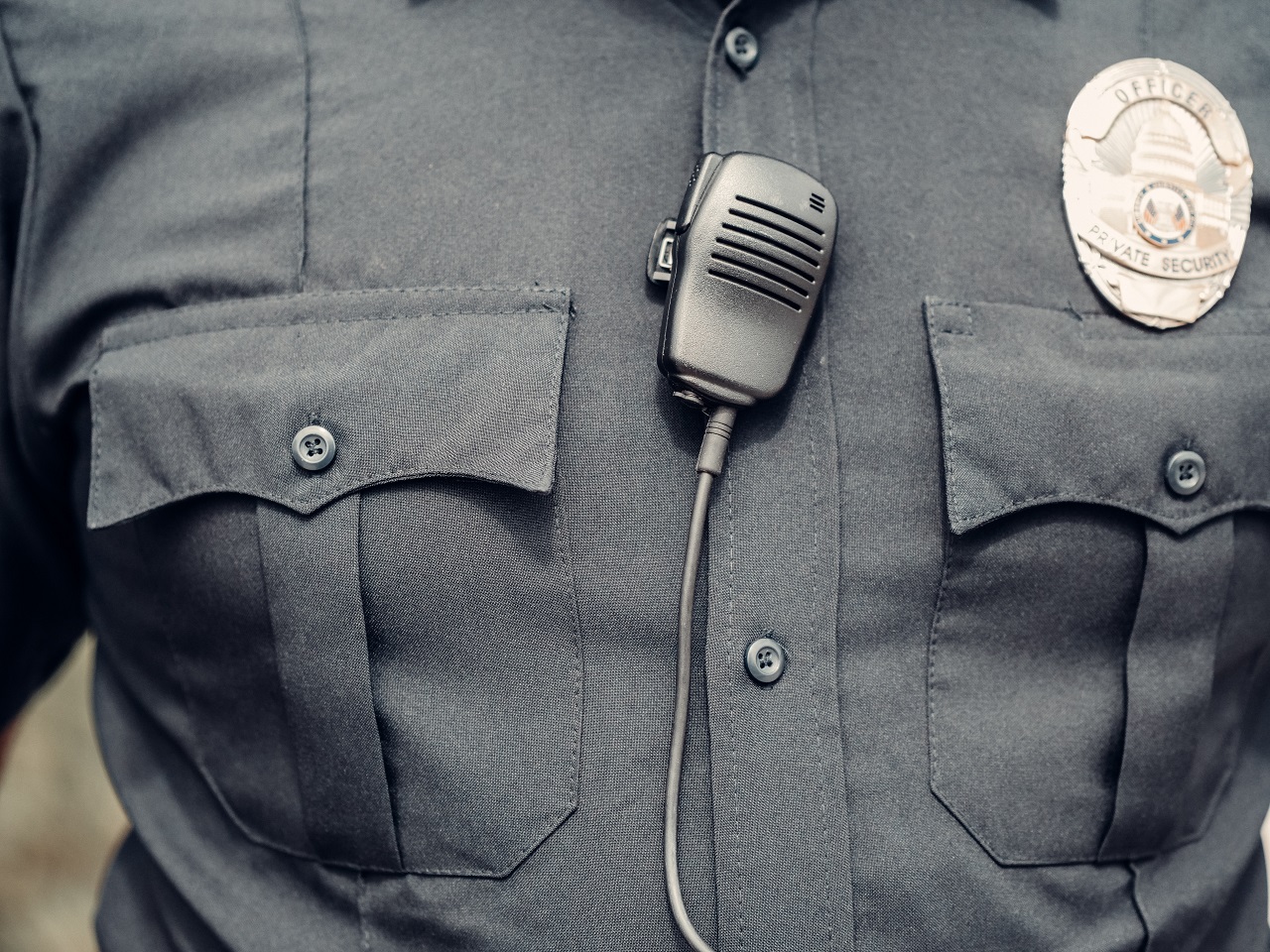UPDATES & ANALYSIS

FEATURED POSTS
In four opinions over 61 pages, Iowa Supreme Court wrestles with meaning of Fourth Amendment
Does a drug-sniffing dog violate a suspect’s constitutional protection against unreasonable government search and seizure by putting its paws up on the suspect’s car at the urging of its handler?
Five members of the Iowa Supreme Court said that subjecting the suspect’s car to a sniff by a drug-sniffing dog violated …
Iowa Constitution mandates face-to-face confrontation by witness, Iowa Supreme Court rules
A defendant’s right under the Iowa Constitution to confront witnesses at trial is not satisfied by one-way video testimony where the witness testifying on camera is not able to see the defendant, the Iowa Supreme Court held in a 4-3 ruling handed down June 28. In reaching that conclusion, the Court declined to follow a U.S. Supreme Court precedent and overruled one of its own prior rulings.
Iowa Court of Appeals April 2024 Published Opinion Roundup
The Iowa Court of Appeals selects certain opinions for publication in the Northwestern Reporter. On April 11, 2024, the Court of Appeals selected three opinions for publication, summarized below.
Closely divided Iowa Supreme Court finds challenges to abortion restrictions under Iowa constitution subject to rational-basis review, reverses injunction against “fetal heartbeat” law
In a 4-3 decision, the Iowa Supreme Court held that rational basis review is the applicable standard in addressing challenges to abortion restrictions under the Iowa constitution.
EDITORIAL TEAM
ABOUT
On Brief: Iowa’s Appellate Blog is devoted to appellate litigation with a focus on the Iowa Supreme Court, the Iowa Court of Appeals, and the U.S. Court of Appeals for the Eighth Circuit.
